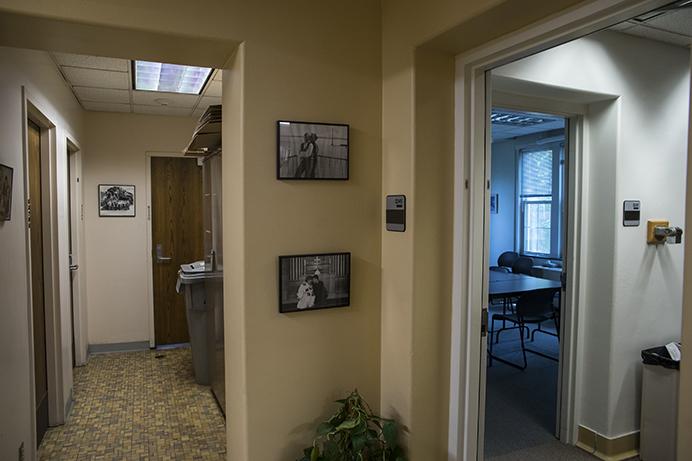Mental illness on college campuses has been an issue for as long as they’ve been around. According to Active Minds, one in four adults lives with a diagnosable mental-health disorder, and people ages 18-24 are often the least likely to seek help.
The UI offers a wide variety of counseling services for students who are struggling with mental illness. Some of these services include crisis, individual, couples, and group counseling, along with trans-inclusive and outreach services.
These services can be reached by phone Monday through Friday from 8 a.m. to 5 p.m., and there is an option to make an appointment. When you call the Counseling Service after hours, it tells you to call back during business hours or to email your assigned counselor.
RELATED: UI Counseling heads East
The UI needs to offer some kind of late-night counseling service, or at least extend some of the Counseling Service hours to the weekend.
There is a 24/7 Rape Victim Advocacy Program hotline on which you can call to receive trauma-informed sexual violence self-help. There is also a Nurseline that has similar hours as the Counseling Service that you can call with questions about medication or self-care measures. You can call the Nurseline after hours to speak with the UIHC Integrated Call Center, in which Student Health & Wellness will receive documentation that you contacted the line.
While these are both very important resources to have, not everyone who struggles with mental health fits into both of these categories. The 24/7 Nurseline is the closest thing to the Counseling Service when it is not in hours, but one health hotline is not enough.
Emergency rooms are always available at all hours of the night and weekends; however, they are extremely pricey, which is not at all college-student friendly.
The problem is, mental illness has no schedule. It does not conform to business hours, nor does it care to come when it is most convenient for you. People cannot pick and choose when their illness shows its ugliest symptoms, but when they do, they should be able to know there are resources here for them.
RELATED: Therapists move to frontlines of dorms
The dorm resident advisers are another resource provided to help deal with mental-health issues. This can be very helpful, although only a fraction of the UI students live in the residence halls, and the RAs are not always available, either.
According to the American Psychological Association, anxiety is the most common concern among college students, followed by depression and relationship problems. Among the 40 million adults in the United States who suffer from anxiety, only 36.9 percent of them seek treatment.
If the UI implemented a round-the-clock counseling service, whether it be a general hotline that fits the needs of more students or a physical office that has longer hours, it would be put to good use. Students deserve to know that there are resources here to support them throughout a crucial and challenging part of their lives.
It is understood that the UI takes mental health seriously, but the stigma needs to be broken among students. Additional help services in the late hours of the night would further validate the legitimacy of mental illness for struggling students, and hopefully, then more young adults would be likely to reach out.



